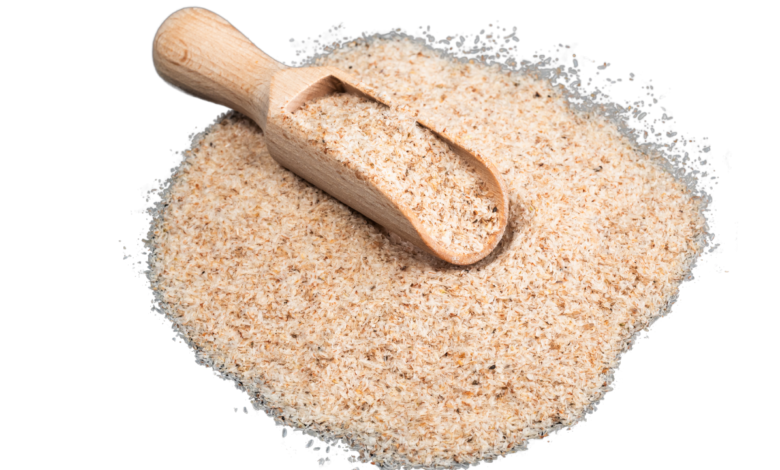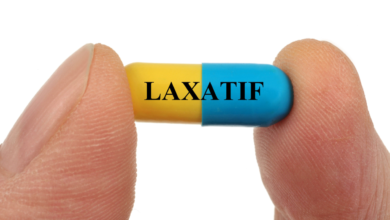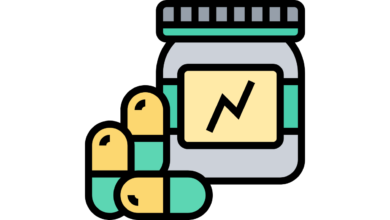The Amazing Benefits of Psyllium Husk
Psyllium Husk: Your Ultimate Guide

Brief information about it:
Psyllium husk is a bulk-forming laxative derived from the husk of the Plantago ovata plant. It is used to treat constipation by adding bulk to the stool and promoting bowel movements.
Uses:
· Constipation relief: Psyllium husk is primarily used to treat constipation.
· Cholesterol management: It can also help lower cholesterol levels.
· Weight management: Psyllium husk can promote satiety and help with weight management.
Mechanism of action:
Psyllium husk is a soluble fiber that absorbs water in the digestive tract, forming a gel-like substance that adds bulk to the stool. This makes the stool softer and easier to pass.
Elimination half life:
Psyllium husk is not absorbed by the body and is excreted through the feces. The elimination half-life can vary depending on individual factors.
Route of Administration:
Psyllium husk is typically taken orally as a powder, capsule, or tablet. It is important to consume it with plenty of water to prevent constipation.
Side effects:
· Bloating and gas: Psyllium husk can cause bloating and gas, especially when first starting to use it.
· Obstruction: If not taken with enough water, psyllium husk can swell in the intestines and cause an obstruction.
· Allergic reactions: Some people may experience allergic reactions to psyllium husk.
Dose:
The recommended dosage of psyllium husk can vary depending on individual factors and the severity of constipation. It is important to follow the instructions provided by your healthcare provider.
Precautions:
· Consult a doctor: Before taking psyllium husk, consult with a healthcare professional to ensure it is safe for you.
· Hydration: Drink plenty of water when taking psyllium husk to prevent constipation.
· Swallowing: Psyllium husk should be taken with plenty of water to avoid choking.
· Pregnancy and breastfeeding: If you are pregnant or breastfeeding, consult with your doctor before taking psyllium husk.





